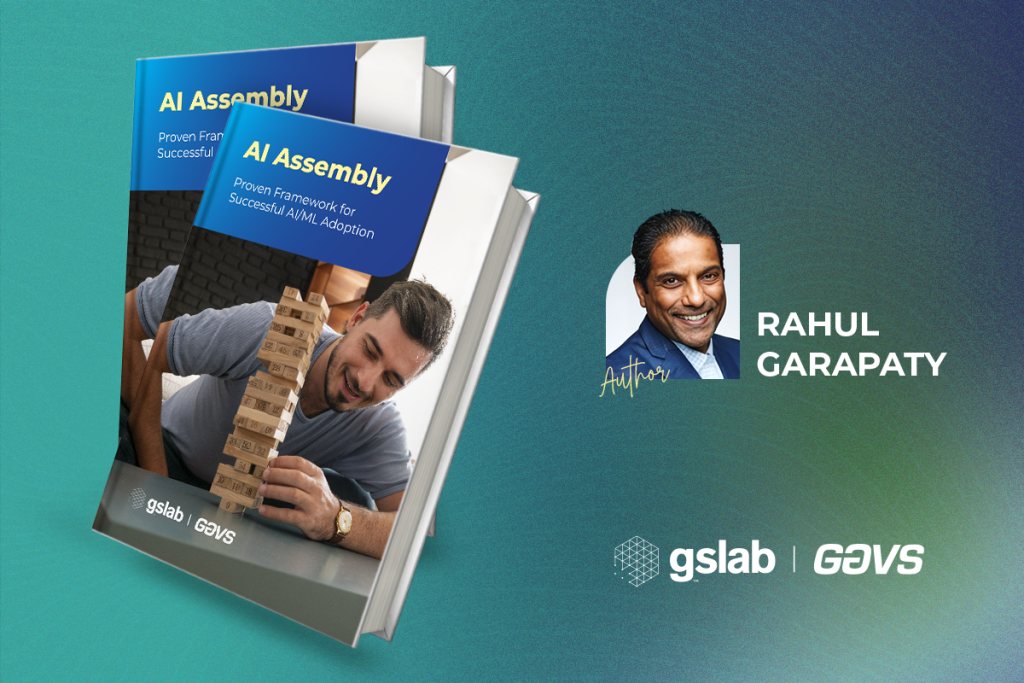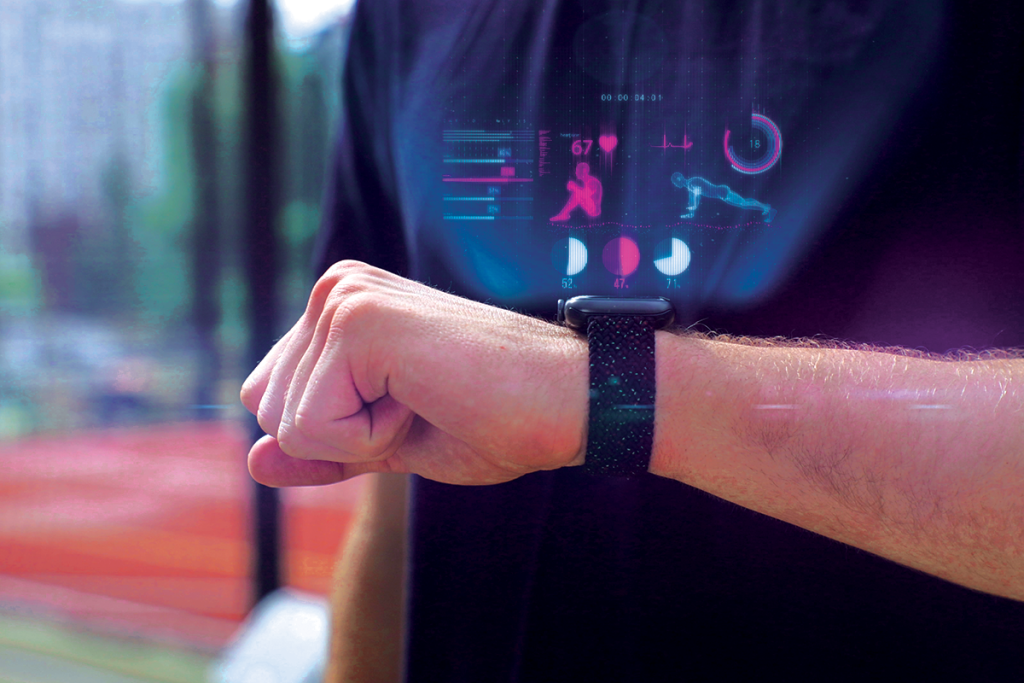What is AIOps?
Organizations run on its various IT systems and applications. The more the complexity of the business they run, more the complexity of the systems and applications they use. IT systems’ uptime and availability is crucial for businesses; any downtime may lead to huge loss of revenue and reputation.
Artificial Intelligence for IT Operations or AIOps help organizations mitigate these risks and help them run their IT operations seamlessly. AIOps is a term coined by Gartner in 2016 as an industry category for machine learning analytics technology that enhances IT operations analytics.
Simply put, AIOps leverages the power of AI and ML technologies to monitor IT systems and applications of an organization. It helps organizations not only to resolve problems after they occur but also predict and prevent any anomalies or deviations from normal behavior in order to forecast upcoming outages.
IT Operations team are alerted with the signals given by AIOps tools and the team can proactively stop the problem from occurring. Thus, organizations are transformed from the stage of being reactive to a stage of being proactive and predictive – which is the true power of AIOps.
Types of AIOps Tools
AIOps uses a set of well-defined and mature technologies, including data output, aggregation, analytics, algorithms, automation and orchestration, machine learning and visualization.
AIOps tools are of two types – Domain-centric and Domain-agnostic, as defined by Gartner.
Domain-centric tools apply AIOps for a certain domain like network monitoring, application monitoring, etc. In other words, domain-centric tools use the power of AI only to specific domains they manage.
Domain-agnostic tools operate more broadly and work across domains like application monitoring, cloud, infrastructure, etc. These tools operate on vast amounts of IT data collected from various systems/applications and domains to come up with more accurate predictions and resolutions.
Why AIOps?
According to a recent report 2022 Market Guide for AIOps Platforms, Gartner said “there is no future of IT operations that doesn’t include AIOps” and that “AIOps platforms enable decision making across design, deploy, execute and operate activities by automated contextualization of large, varied volumes of operational data.”
AIOps is the need of the hour for any business because of the:
- Rapidly evolving IT landscape
- Increasing complexity of IT infrastructure
- Need for requiring an increasingly innovative, adaptive, and sustainable approach to support businesses and keep their IT operations functioning efficiently.
- Cost of IT system downtime : 98% of organizations say a single hour of downtime costs more than $100K; 81% report that number to be more than $300K; and 33% say it can cost anywhere between $1M and $5M
Source: bmc
AIOps’ role cutting across industries
Where is AIOps required? – Almost everywhere! AIOps’ value is seen across industries – right from small, medium to large enterprises, and industries like IT, telecom, media & entertainment, manufacturing, retail, healthcare, BFSI and the list is still growing!
“AIOps Platform Market revenue totaled US$ 6.7 Billion in 2021. The AIOps Platform Market is expected to reach US$ 80.2 Billion by 2032, growing at a CAGR of 25.4% from 2022 to 2032.
Market research firm Gartner estimated AIOps market size will increase by 15 percent annually through to 2025, rising to $3.4 billion market value in 2025.”
Source: Future Market Insights
AIOps in Healthcare
Though we see a pressing need for AIOps in all industries, their application in healthcare is phenomenal and imperative. As healthcare deals with people’s lives, health IT systems’ stability and availability is crucial. Any outage at a crucial juncture may lead to irreparable loss of patient lives.
Healthcare service is perceived very differently today, and its digital transformation has grown leaps and bounds. Patient experience and satisfaction is considered a huge factor in evaluating the service of a healthcare provider. To provide that top-notch service to a healthcare customer, problem-free IT operation is crucial. End-to-end visibility and monitoring of health IT systems are key to maintaining a stable infrastructure.
The amount of data generated from every appointment and interaction, small or large, needs to get into health systems and processed in real-time which form a vital input to all departments of the hospital, particularly for doctors and other clinical staff.
Medical record updates, patient details and its interoperability with other health IT systems are crucial for any intervention and healthcare decision. A breakdown in the availability or reliability of data, devices, or decisions in healthcare can have dire consequences on patient outcomes.
The healthcare industry is growing fast paced in tech transformation. They are adopting various technologies like Cloud, Cybersecurity, AI, Data Science & Analytics into all their operations and processes. The greatest fact about AIOps is its ability to blend itself into all these technologies.
Benefits
AIOps helps healthcare organizations in the following ways:
- Continuous care, anytime, anywhere – AIOps enables continuous automation and integrated AI which helps the IT teams running the apps to know in real-time whether there are problems that could disrupt the system’s performance and the root-cause of the problem.
- AI-driven monitoring – ensures optimal performance for all critical health care infrastructure, EMR systems, and remote workforce user experience.
- Automation – AIOps helps healthcare organizations automate mundane tasks, such as IT monitoring, incident management, and service desk automation. By automating mundane tasks, healthcare organizations can free up resources to focus on more important tasks, such as patient care. AIOps can help healthcare organizations reduce the time it takes to diagnose and treat patients.
- Regulatory compliance – Patient data are very sensitive and precious. Health organizations have to take utmost care in handling and exchanging patient data from one system to another. Health organizations are heavily fined for breach of data privacy. AIOps can detect a HIPAA breach by determining that patient data is being exported outside secure data silos. When such events are detected, AI-powered automated workflows can begin immediate remediation like blocking or shutting the offending microservice.
AIOps benefits pharma companies too. AIOps solutions help in drugs formulations and treatment research and enable the analysis of multiple processes and drugs, while simultaneously determining their effectiveness in treatments.
AIOps helps the health insurance payers as well. A major public, nonprofit health insurance fund accredits their reliable, secure, and responsive IT system to the adoption of AIOps. Their service level objective is to reimburse patients within 24 hours – which is achieved through a successful impeccable AIOps-enabled IT operations team. The proof is in the pudding!
Conclusion
The growing capability of AIOps will undoubtedly play an increased role in several areas including healthcare. AIOps will undoubtedly bring better visibility, monitoring and control over IT operations and systems to create better end-user/patient-provider-payer experiences.
The right AIOps solutions can change the way operations work to fully utilize the power of fast 5G networks. To manage a 5G network at speed and at scale requires automation and an AIOps solution that automates tasks previously provided by humans sitting in disconnected silos.
Faster integration of health IT systems through augmented networks and IoT sensors, and faster predictions and resolution of IT operations-related issues could completely take healthcare services to the next level. AIOps can significantly improve digital transformation of any business; it is the way to scale IT operations to meet future challenges, making digital transformation a key enabler of successful IT operations.
References:
- Healthcare IT today
- Wikipedia
- TechTarget

Author
Rajeswari S
Rajeswari is part of the Presales team at GAVS. She has been involved in technical and creative content development for the past 15 years. She is passionate about learning new technologies, gardening, music and writing. She spends her free time watching movies or going for a highway drive.




